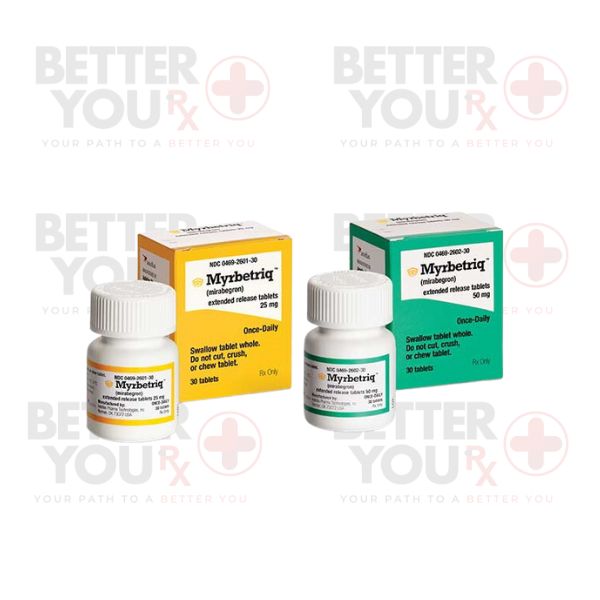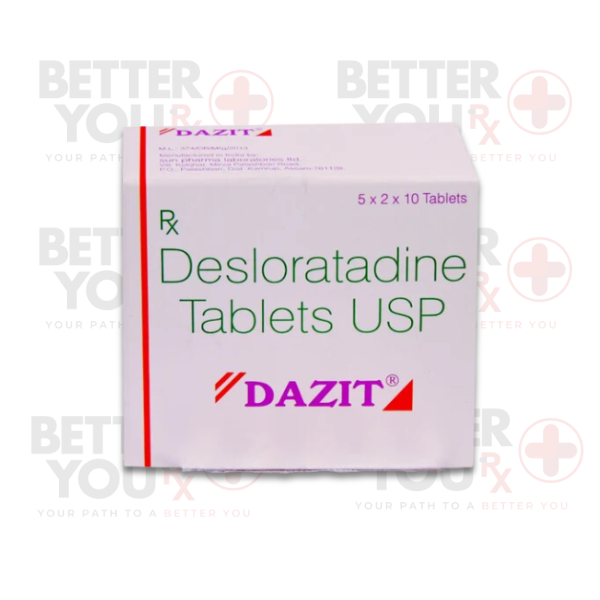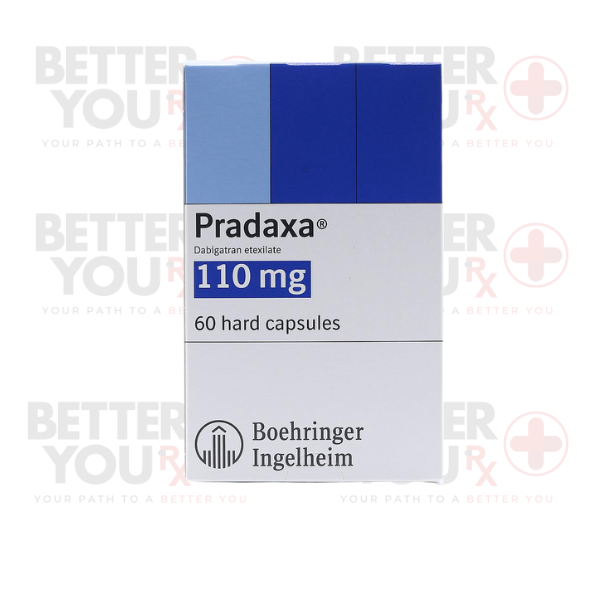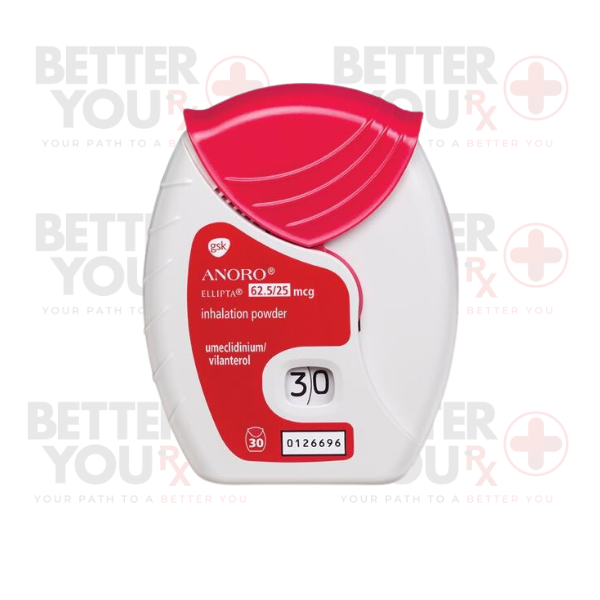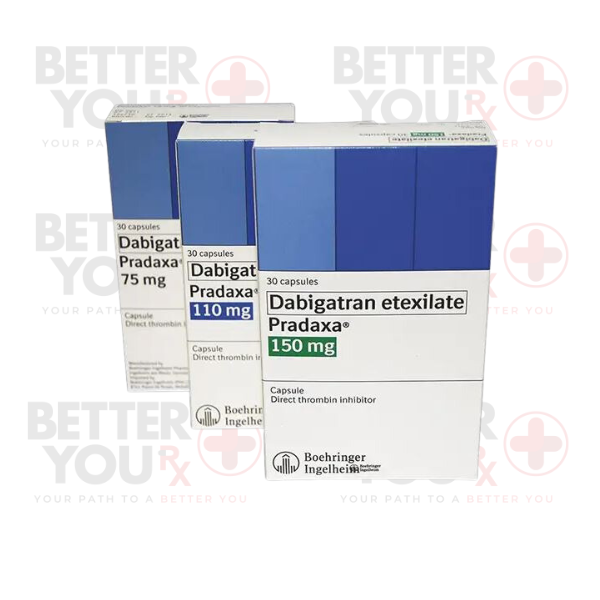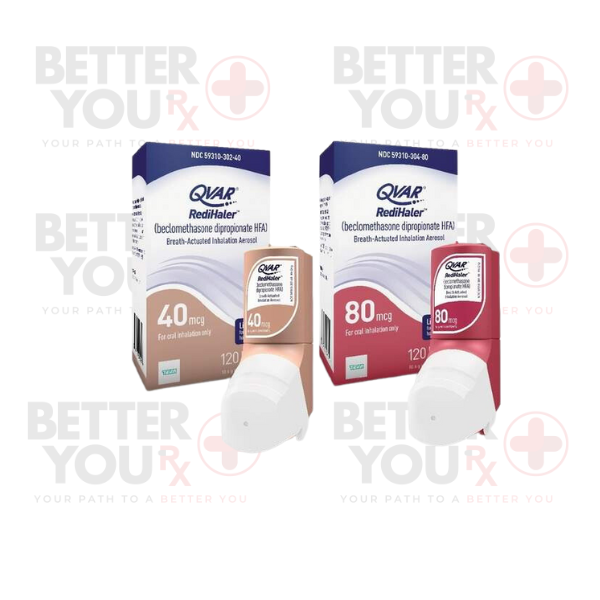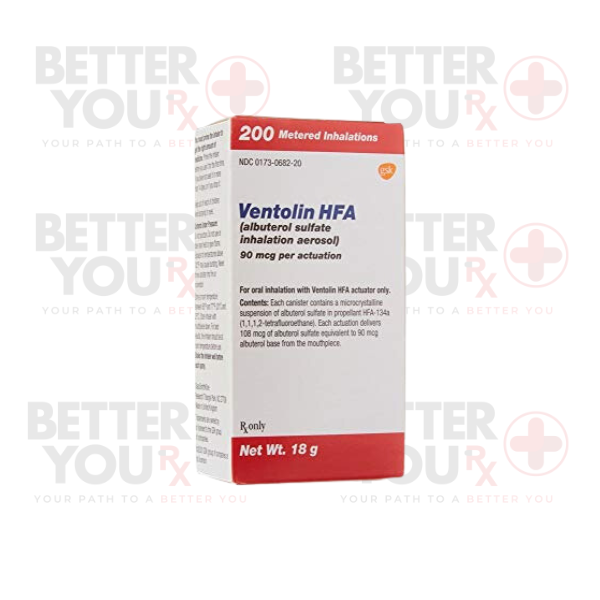| Usage |
Usage
Dexlansoprazole is available in the form of delayed-release capsules designed to release the medication in two stages, with some being released approximately 1 hour after ingestion and the rest 4 to 5 hours later. These capsules are taken orally and are typically administered once daily. While dexlansoprazole can be taken with or without food, it may offer more relief for post-meal symptoms if taken before eating. To ensure consistent effectiveness, take dexlansoprazole at the same time daily.
Please adhere to the instructions on your prescription label meticulously, and if there are any aspects you don't comprehend, consult your doctor or pharmacist for clarification. Follow your doctor's directions precisely, refraining from altering the dosage or frequency of administration without their guidance. Dexlansoprazole capsules should not be chewed or crushed; they should be swallowed whole. However, if needed, you can open the capsule, sprinkle the contents onto one tablespoon of applesauce, and swallow it immediately without chewing. Continue taking dexlansoprazole even if you feel better, and do not discontinue the medication without consulting your doctor. If your condition doesn't improve or worsens, contact your healthcare provider.
|
| Side Effects |
Side Effects
Dexlansoprazole may lead to side effects. If you encounter any of the following symptoms, inform your doctor, especially if they are severe or persist:
• Gas
• Nausea
• Vomiting
Some side effects necessitate immediate attention. Contact your doctor promptly or seek emergency medical assistance if you experience any of the following:
• Rash
• Hives
• Itching
• Difficulty breathing or swallowing
• Irregular, fast, or pounding heartbeat
• Excessive tiredness
• Dizziness
• Lightheadedness
• Muscle spasms
• Uncontrollable shaking of a part of your body
• Seizures
• Severe diarrhea with watery stools
• Stomach pain
• Fever
Additionally, people taking proton pump inhibitors like dexlansoprazole may have an elevated risk of wrist, hip, or spine fractures compared to those not using these medications. The risk is highest in individuals taking high doses for extended periods, typically exceeding one year. To better understand the potential risks associated with dexlansoprazole, consult your doctor.
|
| Storage |
Storage
Please keep this medication in its original container, securely sealed, and out of the reach of children. Store it at room temperature, away from excessive heat and moisture, avoiding storage in the bathroom.
Unused medications should be disposed of safely to prevent accidental consumption by pets, children, or others. Do not flush this medication down the toilet. Instead, the preferred method of disposal is through a medicine take-back program. You can inquire about such programs at your pharmacy or contact your local garbage/recycling department for information on disposal options in your community.
It is essential to maintain all medications out of sight and beyond the reach of children, as many containers, including those for weekly pill organizers, eye drops, creams, patches, and inhalers, may not be child-resistant, and young children can easily open them. To safeguard young children from accidental poisoning, always secure safety caps and promptly place medications in a secure location, one that is elevated and out of sight and reach.
|
| Special Precautions |
Special Precautions
Prior to using dexlansoprazole, please take the following precautions:
1. Inform your healthcare provider and pharmacist if you have allergies to dexlansoprazole, any other medications, or any components found in dexlansoprazole capsules. You can request a list of the ingredients from your pharmacist.
2. If you are currently taking rilpivirine (found in medications like Edurant, Complera, and Odefsey), your doctor will likely advise against using dexlansoprazole while on this medication.
3. Communicate with your healthcare provider and pharmacist about all prescription and over-the-counter medications, vitamins, dietary supplements, and herbal products you are currently using or planning to use. Be sure to mention specific drugs, including antibiotics like ampicillin (Principen), blood thinners such as warfarin (Coumadin), atazanavir (Reyataz), digoxin (Lanoxin), diuretics (water pills), iron supplements, ketoconazole (Nizoral), methotrexate (Rheumatrex, Trexall), and tacrolimus (Prograf). Your doctor may need to adjust your medication doses or closely monitor you for potential side effects.
4. If you have a history of low magnesium levels in your blood or liver disease, inform your doctor before starting dexlansoprazole.
5. If you are pregnant, planning to become pregnant, or breastfeeding, discuss this with your doctor. If you become pregnant while taking dexlansoprazole, contact your doctor.
6. If you are 50 years of age or older, consult your doctor to determine if it is safe for you to use dexlansoprazole. Older adults may have a higher risk of developing severe bacterial-induced diarrhea or experiencing fractures in the wrist, hip, or spine.
|



